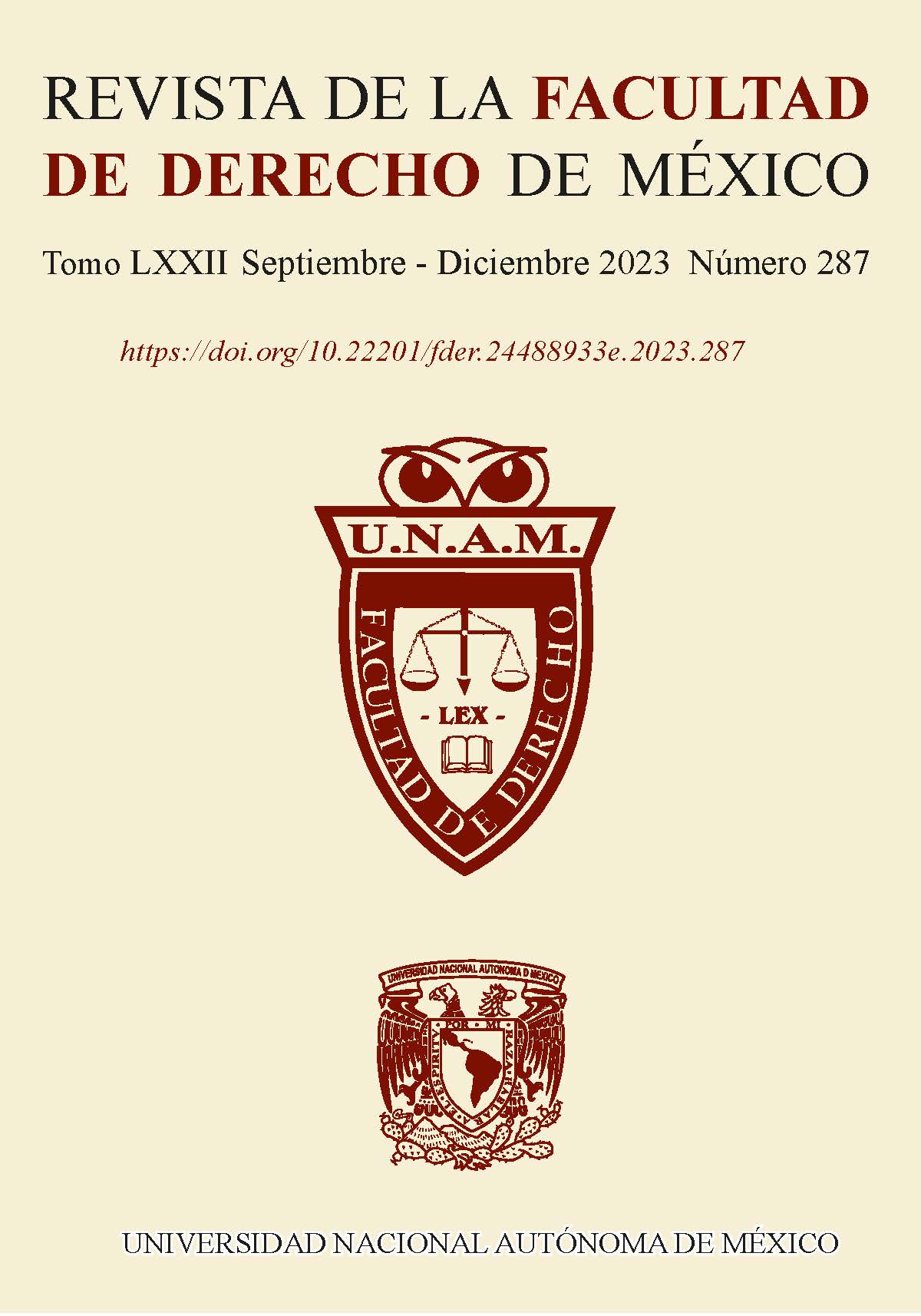Searches and Seizures in the Digital Age—The Need For a Prior Independent Oversight Among International and European Standards
Contenido principal del artículo
Resumen
The relentless march of technological progress has significantly streamlined the collection, transmission, and electronic storage of personal information, reshaping the landscape of searches and seizures of electronic devices. This digital evolution allows prosecuting authorities unprecedented access to vast volumes of information stored on computers, raising concerns about the potential misalignment between seized documents and suspected criminal activities. Emphasizing the importance of procedural guarantees for individuals impacted by digital searches and seizures measures, scholars have traditionally advocated for prior authorization from an independent authority. Still, the mere presence of prior authorization does not guarantee non-arbitrary implementation of those measures. Amidst this framework, international standards prefer prior judicial oversight, with “freedom from arbitrariness” test guiding competent authorities in scrutinizing relevant case facts. Conversely, the European legal framework, especially Article 8 ECHR, lacks clarity, risking the fundamental nature of the right to privacy by allowing intrusive measures without prior control.
Descargas
Detalles del artículo
Citas en Dimensions Service
Citas
BACHMAIER WINTER, L. “Criminal Investigation, Technological Development, and Digital Tools: Where Are We Heading?”. In: BACHMAIER WINTER, L. and RUGGERI, S. (eds.), Investigating and Preventing Crime in the Digital Era. Cham: Springer, 2019, pp. 3-17.
LÓPEZ-BARAJAS PEREJA, I. “Nuevas tecnologías aplicadas a la investigación penal: el registro de equipos informáticos”. In: IDP. Revista De Internet, Derecho Y Política, 2017, n. 24, pp. 64-76.
RAYÓN BALLESTEROS, M.C. “Medidas de investigación tecnológica en el proceso penal la nueva redacción de la Ley de Enjuiciamiento Criminal operada por la Ley Orgánica 13/2015”. In: Anuario jurídico y económico escurialense, 2019, n. 52, pp. 179-204.
BERNARDINI, L. and SANVITALE, F. “Searches and Seizures of Electronic Devices in European Criminal Proceedings: A New Pattern for Independent review?”. In: Revista Ítalo-española De Derecho Procesal, 2023, n. 1, pp. 79-80.
RODRIGO, F.M. “La Evidencia Digital en el Proceso Penal Y la Preservación de los Derechos Fundamentales”. In: Revista Acadêmica Escola Superior Do Ministério Público Do Ceará, 2021, n. 13(1), pp. 135–161.
LEACOCK, C. “Search and Seizure of Digital Evidence in Criminal Proceedings”. In: Digital Evidence and Electronic Signature Law Review, 2008, n. 5, p. 225.
SÄRGAVA v. Estonia [online]. 2021. [Accessed Date: Date]. Available from: [Link needed for exact URL].
MOORE, R. Search and Seizure of Digital Evidence. New York: LFB Scholarly Publishing LLC, 2005, p. 80.
German Code of Criminal Procedure (StPO, Strafprozeßordnung), Article 98.
The Right to privacy in the digital age – Report of the Office of the United Nations High Commissioner for Human Rights, A/HRC/27/37, 30 June 2014, para. 38.
KERR, O.S. “Searches and Seizures in a Digital World”. In: Harvard Law Review, 2005, n. 119(2), pp. 571-576.
KERR, O.S. “Search warrants in an era of digital evidence”. In: Mississippi Law Journal, 2015, n. 75(1), pp. 90-95.
UN General Assembly. Resolution adopted by the General Assembly on 18 December 2013, The right to privacy in the digital age, A/RES/68/167, 21 January 2014, para. 1.
UN Human Rights Committee. General Comment No. 16, Article 17 (The right to respect of privacy, family, home and correspondence, and protection of honour and reputation). Adopted at the Thirty-second Session of the Human Rights Committee on 8 April 1988, para. 1.
TAYLOR, P.M. A Commentary on the International Covenant on Civil and Political Rights. The UN Human Rights Committee’s Monitoring of ICCPR Rights. Cambridge: Cambridge University Press, 2020, p. 458.
ACLU. Privacy Rights in the Digital Age. A Proposal For a New General Comment on the Right to Privacy under Article 17 of the International Covenant on Civil and Political Rights. New York, 2014, pp. 16-18.

Esta obra está bajo una licencia internacional Creative Commons Atribución-NoComercial-CompartirIgual 4.0.

Revista de la Facultad de Derecho de México por Universidad Nacional Autónoma de México se distribuye bajo una Licencia Creative Commons Atribución-NoComercial-CompartirIgual 4.0 Internacional.
Basada en una obra en http://www.revistas.unam.mx/index.php/rfdm.

